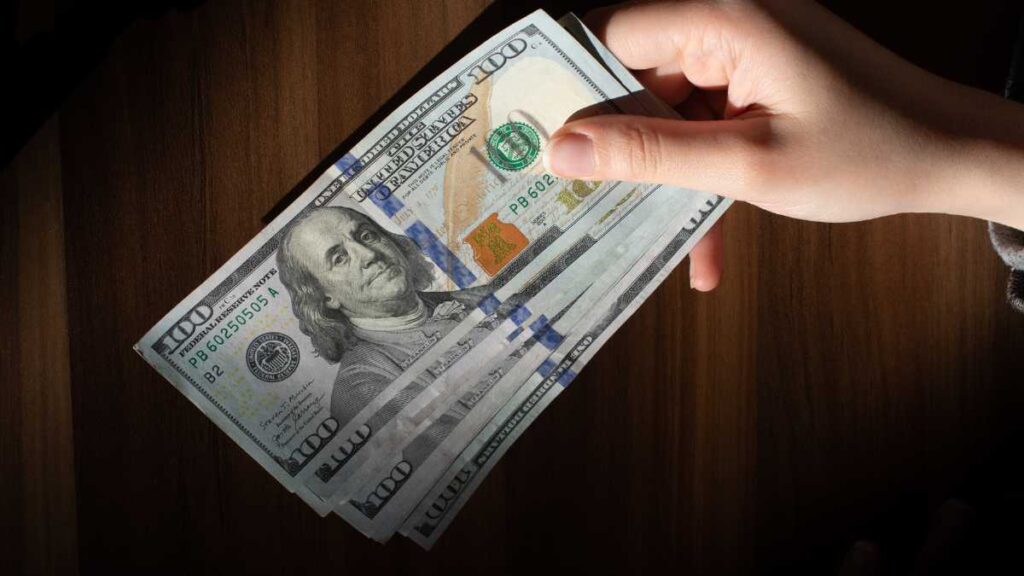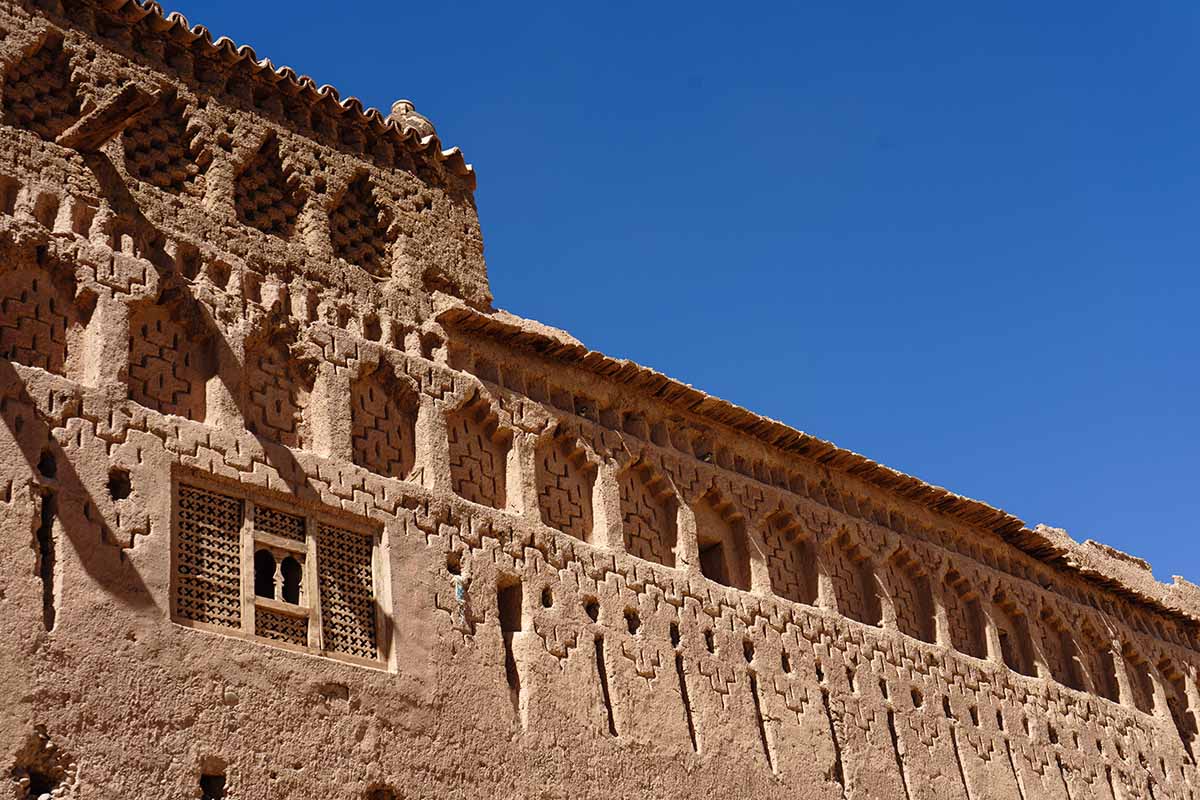
What’s one of the traveller’s worst nightmares, running out of money? Further, your credit cards become useless. As a result, you’re without funds, food, transportation and hotels! But, you have deposits back home and you have US cash, but India’s experiencing a “cash shortage” and the ATMs cannot work and you can’t convert it – help!
Of course, no sane leadership would create such a situation. The impact of a cash shortage on local businesses in an underdeveloped, cash-dependent country might bring down their economy. So would this happen because of government policy changes?
On November 8, 2016, the election day in the US between a controversial Republican and an alleged criminal Democrat, India’s Prime Minister, Narendra Modi, announced the 500 (US$3.50) and the 1000 (US$7) rupee notes would no longer be legal tender in two days. They’d replace them with 500 and 2000 bills. They desired to stamp out corruption, or at least what they said. The government insisted there’d be lots of replacement bills.
All banks needed to stock ATMs with fresh notes, but too few notes. But these ATMs ran out of money. It limited withdrawals to 2000 (US$15) rupees. No one outside government and banking circles knew about this change ahead of time. Modi left for Japan.
The government insisted that the fresh notes would be available on November 11th, the day the old notes became worthless. Indians may exchange or deposit their old notes until December 30th. For now, they could only change 4000 rupees per day ($30). Just one problem, there is a currency shortage. Oh wait, many Indians don’t possess bank accounts, so they’d have to open one or lose their money. Great for the banks and future bail-ins.

On November 11th, I walked into a bank in Darjeeling to exchange my four 500 rupee notes ($30). The manager approached me and told me only depositors could exchange their notes because of the cash shortage. I explained I needed the money to eat. He insisted, but then relented. They changed the money, giving me 20, 100 rupee notes, and I left for Siliguri.
I’d reserved a hotel in Siliguri which accepted credit cards, but my card didn’t work, so most of my remaining money went to pay for the hotel and a $1.75 dinner of noodles. My hotel wouldn’t take US dollars. Every ATM shut down and the exchange places were closed, so no money.
The next morning, I planned to leave for Delhi on a 30-plus-hour ride, but the tuk-tuk to the train station would take almost all my remaining funds, so I couldn’t buy food for a day and a half! Even if I made it to Delhi, cash may not exist. In addition, many more expensive restaurants and hotels accept cards. What to do?
The only solution, leave. Fortunately, Nepal is close. I took a 20 rupee (28 cents) bus to the border. A power-tripping, greedy immigration official insisted my passport wouldn’t scan and my entry visa had a problem. I explained I’d never experienced this situation before and the visa was from Delhi airport! So much for his bribe attempt. He stamped the passport, and I walked into Nepal, where the ATMs worked and all the money was legal tender.

Issuing new money won’t stamp out corruption. Not all corruption works by handing over bribe money. Lucrative appointments, campaign and foundation donations and, in a few countries, an appointment to a political body, such as the senate in Canada or an appointment as ambassador in a desirable country act as rewards for services rendered.
As for your tourist industry, stranding tourists just drives them away, as it did me. Either there is a hidden agenda to this folly or India’s policymakers goofed up.
Unfortunately, we may face more cases like this. In an era of more strange policy moves, decisions that impact travellers will increase. Even if I discovered a working ATM, they limit withdrawals or perhaps my card wouldn’t work. They added a 200 rupee fee or 10% of my withdrawal.
Try to insulate yourself from the consequences of an unknown and harmful change. For me, I was near the Nepal border and got some breaks from helpful Indians, which solved the problem. For others, the effects will be greater. Some alleged Indian deaths because of the inability to buy medicine have resulted from this insanity.
In the past, I learned how to predict where to travel without issues. I always prepared or discovered a quick solution if something affected me. Here, I solved the problem only because I was near a frontier, but as travellers, we must prepare ourselves for more crazy situations in this increasingly insane world.
As predicted, the insanity increased. One should keep on top of things to understand where to travel today.






